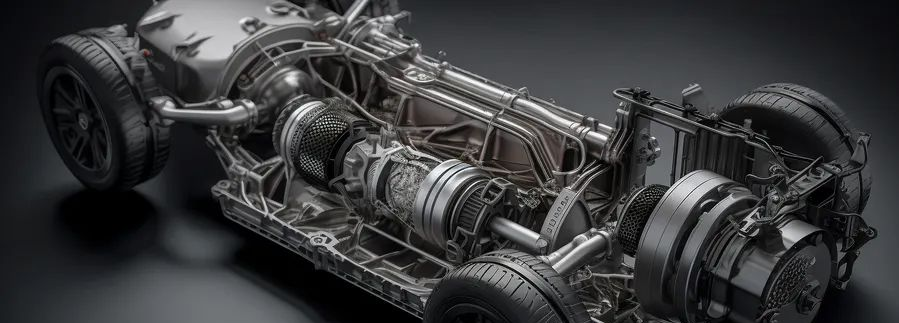
Many consumers are faced with options when it comes to choosing a new energy vehicle. While plug-in hybrids are known for their fuel efficiency and durability, many find themselves drawn to range-extended vehicles (REVs) instead.
What drives this preference? First, let’s consider the vehicle’s functionality. While plug-in hybrids typically require regular charging, driving a range-extended vehicle offers the convenience of longer driving ranges without the constant need to find charging stations.
Comfort and driving experience also play vital roles. Range-extended vehicles may provide a smoother ride by leveraging both electric and gasoline power more efficiently than their hybrid counterparts.
Furthermore, consumers often appreciate the rich features that accompany REVs and how these can cater to various driving conditions without worry. With the added peace of mind from a traditional engine backup, it’s no wonder that many choose this alternative.

The table below summarizes some recent statistics and consumer preferences related to new energy vehicles:

In conclusion, while the advantages of plug-in hybrids cannot be overlooked, the practical benefits of range-extended vehicles cater to a significant market need for flexibility and reassurance in driving capabilities. Each vehicle type serves different consumer preferences, and understanding these choices can guide future purchases in the realm of new energy vehicles.







